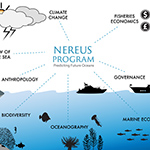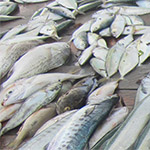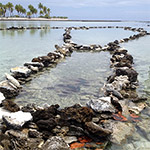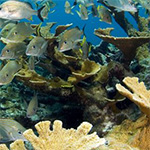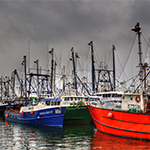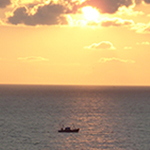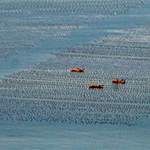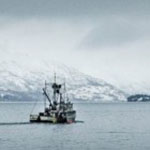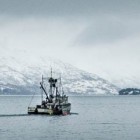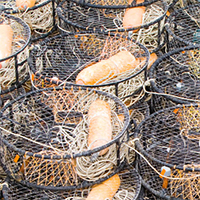For Indigenous communities, fish mean much more than food
Coastal indigenous communities eat 15 times more seafood than non-indigenous people in the same country says article from NF-UBC Nereus Program.
Global climate target could net additional six million tons of fish annually
The researchers found that some oceans are more sensitive to changes in temperature, and will have substantially larger gains from achieving the Paris Agreement.
Seafood consumption 15 times higher among Indigenous than non-Indigenous people
In the first global-scale analysis of its kind, the study estimated that coastal Indigenous people consume 74 kilograms of seafood per capita, compared to the global average of 19 kilograms.
Opinion: Mexico needs to rethink environmental protection budget cuts, prioritize ecologically-sustainable human development
Andrés M. Cisneros-Montemayor, Nereus Program Manager & Research Associate weighs in on Mexico’s 2017 budget release.
Future fisheries can expect $10-billion revenue loss due to climate change
Global fisheries stand to lose approximately $10 billion of their annual revenue by 2050 if climate change continues unchecked
High seas fisheries management could recoup losses due to climate change
Strengthening governance and closing the high seas to fishing increased the resilience of coastal countries to climate change, especially in tropical countries where there is a high dependence on fisheries for food and livelihood.
Can aquaculture help tackle global food security?
With an average growth rate of about 8.8%, aquaculture has proven to be the fastest growing agro-food sector in the world, however the industry has a bad image.
Falling fish catches could mean malnutrition in the developing world
Global fish catches peaked in 1996, while the Earth’s human population is expected to rise through 2050, from the current 7.3 billion to between nine and 10 billion.
Climate change could cut First Nations fisheries’ catch in half
The study finds that coastal First Nations communities could suffer economic losses between $6.7 and $12 million annually by 2050.
Fish will have to find new habitats or perish if global warming is left unchecked
Climate change is forcing fish out of their current habitats and into cooler waters and many more species will soon be affected if climate goals are not met, say scientists.
